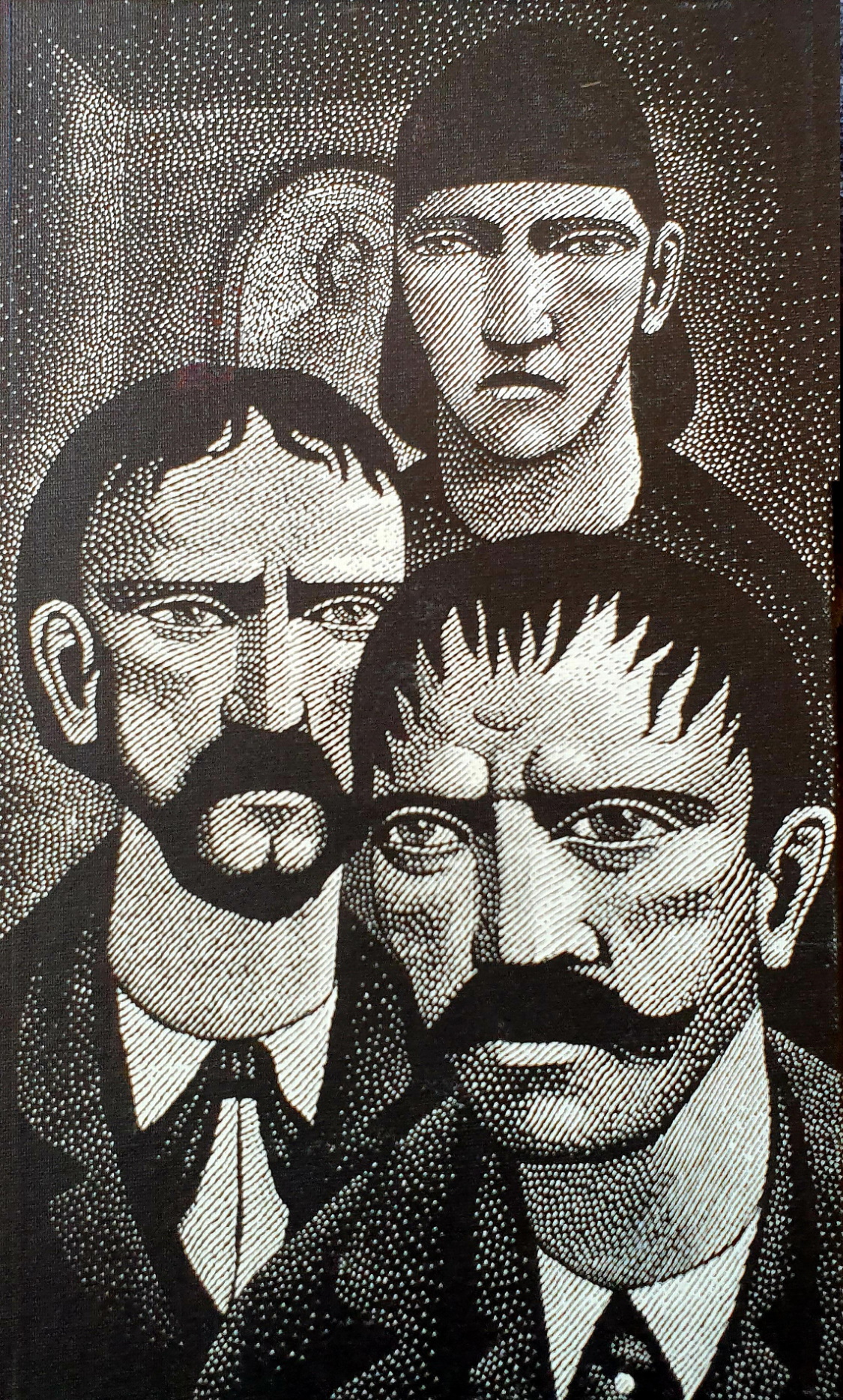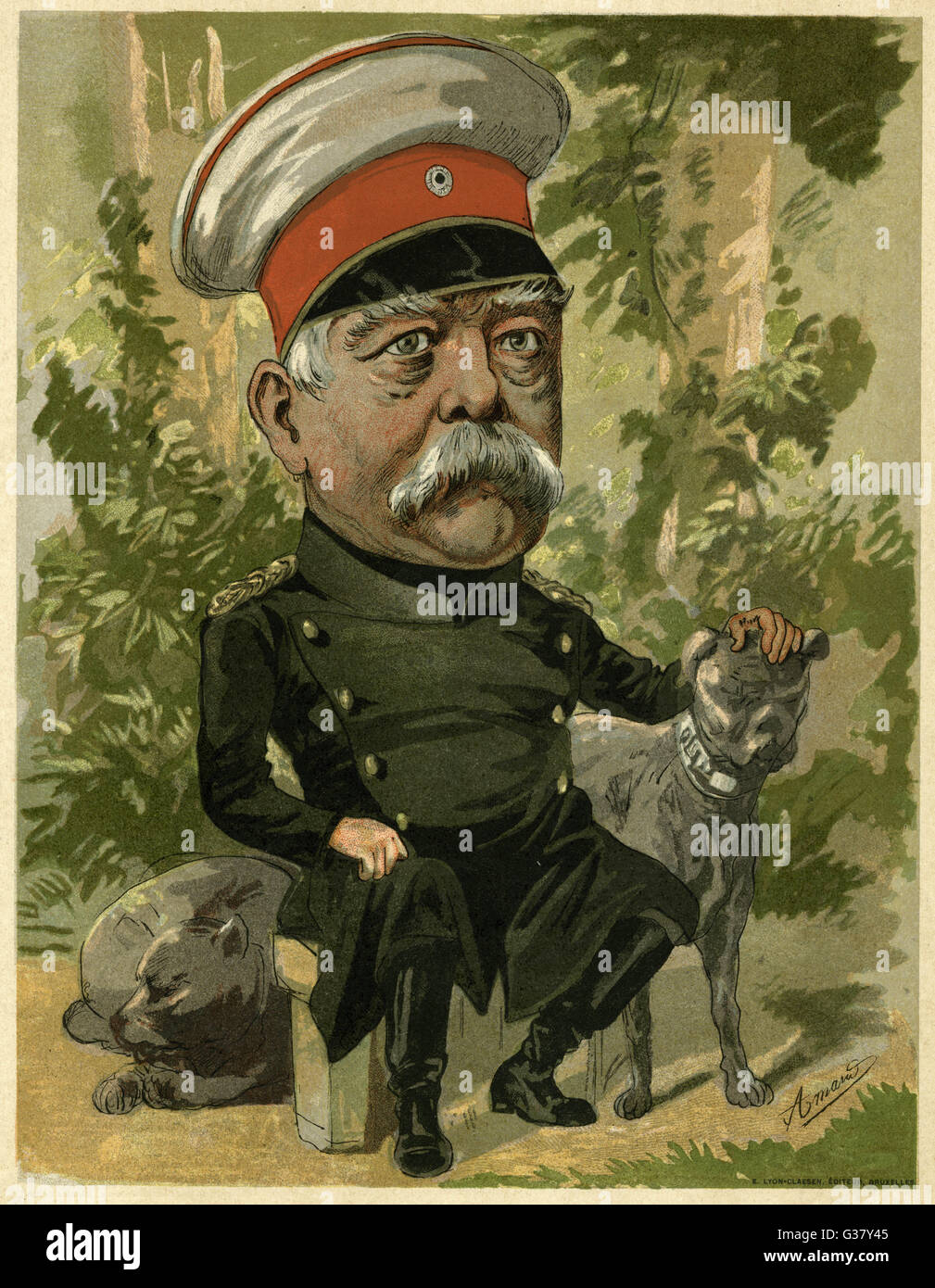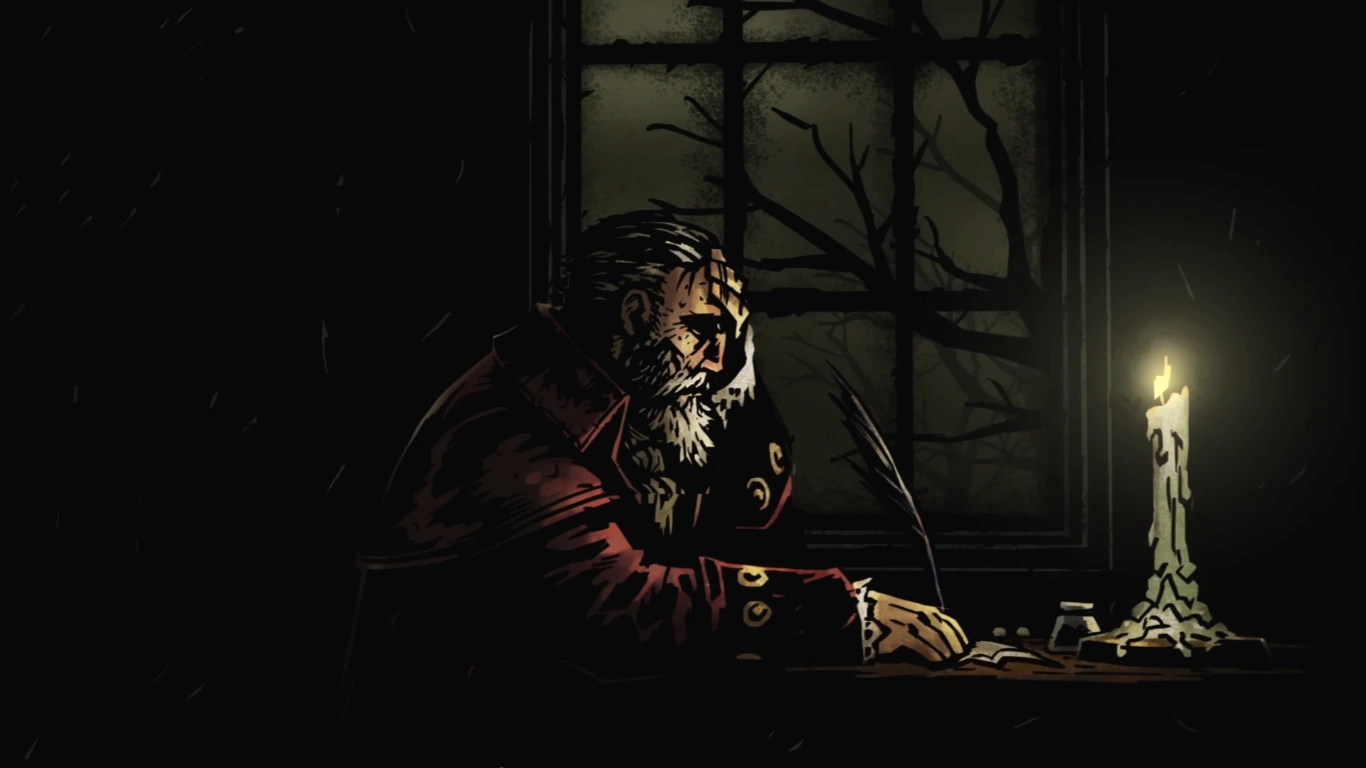We won the pick phase! 



As a French person I feel like it's my duty to explain strikes to you. - AdrienIer |
|
[PB75] Newbfragar and Rusty's Beginner's Guide to Civ4
|
|
Had a few posts in the pipeline, so might as well fire them off.
Lesson One: Tiles Soren Johnson, the designer of the critically-acclaimed Offworld Trading Company and Old World, once quipped that Civ4 was a "tile-based" game. He was playing on the game's genre as "turn-based." Who cares about turns? Everything in Civ4 depends on tiles. Do you have good tiles? Do you have enough tiles? Tiles, tiles, tiles! If this sounds drier than dirt, don't worry, the Civ4 designers have put tons of thought into making their tiles interesting, and as a beginner, it's your job to start appreciating tiles. If any experienced players don't get how profound Johnson's comment is, consider Civ5, a game in which you actively didn't want to get more tiles, or the Dominions series or Endless Space, games that put much less emphasis on territory per se. Or, I guess, consider chess. It's turn-based and the tiles really matter, but the importance of the tiles is created by the pieces. Civ4 is all about tiles for tiles sake. Ok, back to the newbies. Get into the spirit of civilization by not thinking about tiles as +1 gold, +2 food, or whatever. Embrace the flavor. Your soon-to-be world-spanning empire starts out as a bunch of cavemen in huts. The prerequisite for any civilization, virtual or otherwise, is enough food to survive. The most important tiles are the ones that give food. In Civ4, there are certain broad types of tile: grassland, plains, hill, ocean, etc. On any of these tiles could appear what the game calls "resources." Think of these as "super tiles." Your empire wants as many super tiles as it can grab, especially if they are food super tiles. In the screenshot that Pindicator posted, there are three icons displaying deer, corn, or cows. These are super tiles. If we settle a city as displayed by the cross-hatched box, we will eventually get to have all of these resources in our empire. Note! Unlike StarCraft or Age of Empires, resources are not stockpiled. Each city controls its own resources. The beauty of this system is that each of your cities will develop their own personalities: City A has lots of food but little else, while City B might have rich tiles that it's people would have to starve to work. Lean into the flavor! Here are some rules of thumb when thinking about tiles. Each of your cities must be able to "work" (i.e. "control") at least one food super tile. No exceptions. The richest tiles in the game are often locked behind a lack of food: gold spawns in the desert; gems spawns in the jungle. Again, embrace the flavor: your empire can't develop its commercial interests until it can feed it people. Lastly, water isn't land! You want land tiles over sea tiles.
There is no way to peace. Peace is the way.
Intermediate Interlude: Opponent Analysis
I'm actually going to divide what is traditionally called Opponent Analysis into two parts, first analyzing the opponents themselves, then analyzing the combinations. The combo analysis is appropriate for a beginner guide, but analyzing the players themselves isn't so crucial when you're starting out. When analyzing Opponents, I'm a proponent of Youngian analysis. As in baseball, each player has different roles: Starting Pitcher, Relief Pitcher, Closer, Left-hand Specialist, etc. These aren't rigid categories; we can imagine a starting pitcher transitioning to a relief roll as he gets older. Instead, these are broad archetypes grounded in player psychology. Think of it like tarot for baseball. Greenline  The Thinker The Thinker is distinguished by lots of thoughts. These can pertain to literature (cf. PB72) or politics or the economy or the game at hand. As Plato the philosopher said, philosophers make the best kings. So always beware the Thinker. Greenline's particular weakness is a touch of missing experience, but this is not insurmountable: thinking can overcome most difficulties. When you face a Thinker, don't try to out-think him. Keep to your basics. Defend your cities. Grow your economy. Wait for him to over-thinking and then pounce. Gavagai  The Russian The ancient poet Herodotus once theorized a concept called "geographical determinism," which is the idea that human character is determined by geographical conditions. Gavagai, being Russian, is prone to rushing under-prepared players. We must cow him into a state of peace, or suffer a vulgar flood of troops. To gain deeper insight into The Russian a quick gogol search will check off the biggest stereotypes. I'm certainly not going to go publishing a list the same as that. (Eh. That last one was a bit of a stretch, but such is one day in the life of Ivan Denaufragar.) When facing a Russian, it's very important to fight always with honor. He'll bear slights heavily. For Gavagai particularly, this is a little difficult, since perfectly justifiable moves (like trying to settle my own deer, Gav!) will be interpreted frostily. Ricketyclik  The David Ricketyclik showed up out of the blue to play a twenty-year old game. Does he know he's diving into a shark tank? As with every "new" player, Ricketyclik could be an expert who's spent the last twenty years honing various arcane tech slingshots to shepherd his civilization to preeminence. More likely, though, he's got quite a few games under his belt but the giant experience of the typical Realms Beyonder will stomp him down. When facing a David, sad to say, you mostly just take advantage of mistakes and eat them. Now, Mackoti might be acting as a guardian angel, in which case, all bets are off, but unfortunately, unless something surprising happens, we want to neighbor and then eat this player. Mjmd  The Builder The Builder is distinguished by an elegant and painstaking development of his civ. Psychologically, he is a rules-lover, since rules and his building impulse flow from the same place: a desire to impose order on the world. For which reason, if you upset the building or even view the paradigm differently, the Builder will react violently, because you are not just a personal opponent, you are an enemy of Order. When facing a builder, you have a choice to make: can you outbuild the Builder or must you disrupt the Builder? These are your only two choices. If you can't outbuild him, he will dwarf you. Of course, you can always hope that someone else disrupts him, if you're a coward.  Ginger The Meanie Some players are just cruel.  They'll burn your cities for no reason. They'll burn your cities for no reason.  They'll launch naval invasions from the fog while you're trying to rein in a runaway. They'll launch naval invasions from the fog while you're trying to rein in a runaway.  They'll call you things like The Moron. They'll call you things like The Moron.  It's important to remember that they aren't evil; they just like picking on the little guy. It's important to remember that they aren't evil; they just like picking on the little guy.  Yeah, yeah, Ginger and I have fought a bunch in past games. He's really good, which makes it uncomfortable. He can dish it out. In his past two games, he's mangled neighbors (one of whom was me), but when he's on the receiving end, he takes it hard. I feel a little guilty because I think that neither of his last games corresponded to his skill level. On the other hand, he is hella aggressive, so my sympathy is dampened. Ljubljana  The Immigrant Ljubljana and his team mates Chevalier and William are immigrants from Civilization 6. Immigrants can be all sorts, but these three are high-skilled emigres from a similarly analytical, competitive gaming culture. They may miss some nuances of this particular iteration of Civilization, but let's face it, Civ4 is not meaningfully more complex than Civ6. When facing the Immigrant, well, what can I say? It completely depends. My instinct is that they'll be a bit like I was in my first multiplayer civ4 game: good mechanical building skill but floundering when it comes to a messy fight. We'll see. I love it when new players join, so I'm really glad to see these guys. Dreylin ![[Image: 784e33d5-2d3b-40b4-8a01-0985963544a0_text.gif]](https://y.yarn.co/784e33d5-2d3b-40b4-8a01-0985963544a0_text.gif) The Old Salt Dreylin has many games and many years under his belt. I can't remember a knock-out performance, but I can't remember too many complete whiffs. (PB74 was/is a weird game.) When facing the Old Salt, you've got to play solid, foundational baseball (or whatever), because he has the instincts of a long veterancy. Occasionally he can make a mistake, but you can't count on it. Just be better. Easier said than done. Superdeath The Warrior "Well, you know, for me the action is the juice." Goddamn I love Heat. I'll get back to writing this after a two-hour movie break. Ok, back. Superdeath is a fighter. Civ is a crucible of conflict for him. To Superdeath, the game is fundamentally between players. Remember what I said about tiles? He cares about the tiles less than he cares about the opponents. This is a subtle mistake to make, but I do think it's a mistake. Lately, Superdeath's been feeling down, and I empathize. He feels like he's been screwed over a couple times, by Civ4's random combats, by the map's resource distribution, by his neighbors' idiosyncrasies. This screwing feels so much worse when the game is not a game of tiles but a contest of wills between humans. I consider Superdeath a kindred spirit; he and I should team up some day. When facing The Warrior, prepare for war. Duh. Superdeath in PB62 launched a full-scale invasion of my territory on the very turn he met me. Warriors have camp followers to deal with things like meals and home comforts, so they can focus on war. Dealing with Superdeath, therefore, is simple if not easy: win on the domestic side. Be better fed and better rested. Your combat ability will eventually outstrip his. GT  The German See my notes about Gavagai the Russian above, to which this note is the brother. What else to add? As Herodotus said, "whereof one cannot speak, thereof one must be silent." The German civ players who've grown up at Civforum.de are used to a different playstyle than ours at Realms Beyond. They play Deity games with restricted leaders (and a few more differences). This warps the game in many ways, but one is that it makes them harsher. On Civforum, one commenter generously pointed out that RealmsBeyonders play Kinder-Civ.  Naufragar  The Narrator (Rusten can evaluate himself if he wants. I wouldn't dare.) Some players live to tell stories. The winning or losing is just grist for the story mill. At the end of it all, every game of Civ4 or any strategy game is just an exercise in turning some numbers into some better numbers. Even tiles are an abstraction of The Numbers. If this sounds like so much spherical music, don't worry, I'm with you. Get me as far away from the numbers as possible. Don't even talk to me about tiles. Tell me about rolling grasslands, abrupt isthmuses, defensive hill ranges. And then beyond that, tell me about competing intelligences who shape their environment into forces with which to act upon their opponents. (As I said, Superdeath is kin to me.) Just as writing about Civ4 is an exercise in imagination, so is playing it. In ways that won't yet be comprehensible to a newbie, Civ4 as a game is highly plastic: it bends to a skilled operator. That too appeals to me. When facing a Narrator, you can trust that they will always act honorably.  Too much of their self-image is at stake otherwise. Likewise, you should always befriend and trust the Narrator, lest posterity remember you as a villain. And, of course, you can always trust the Narrator to report the story truthfully, accurately, and completely. That is, after all, his job. Too much of their self-image is at stake otherwise. Likewise, you should always befriend and trust the Narrator, lest posterity remember you as a villain. And, of course, you can always trust the Narrator to report the story truthfully, accurately, and completely. That is, after all, his job. 
There is no way to peace. Peace is the way.
Excellent post, mostly good, but..
(December 28th, 2023, 08:10)naufragar Wrote: [...]but let's face it, Civ4 is not meaningfully more complex than Civ6. ![[Image: 4628f66e092a887bb7497d972e8bf678.gif]](https://i.pinimg.com/originals/46/28/f6/4628f66e092a887bb7497d972e8bf678.gif)
If only you and me and dead people know hex, then only deaf people know hex.
I write RPG adventures, and blog about it, check it out.  To make it worse, I think Civ6 is actually more complicated than Civ4. Every time my hypothetical grandchildren tell me to get with the times and try Civ6, I boot it up and run straight into a brick wall. "Acquiring another pop point will put me over the amenities cap which will put a hidden percentage reduction to my outputs? My buildings are becoming more expensive because of a hidden formula? My cities aren't actually my cities and will only become loyal to me due to some hidden mechanic?" And when I see our own people who have mastered all these hidden systems juggle around governor bonuses to coincide with their chops which, in Civ6, can produce not just hammers but science, faith, whatever in some sadistic parody of Civ4's Spiritual? My eyes glaze over. It's just impenetrable. And even basic stuff, like which tile my city will expand to and why? Completely opaque. And I have flesh and blood normal friends that really enjoy Civ6 because all this mess is so well-hidden, and I feel like I'm in the awful valley of ignorance between the mountains of Just Play the Game and Understand the Systems. In fact, I'd go so far as to say that all this makes Civ6 players bet-  What Comrade Naufragar means to say is that while Civ6 has a lot of surface mechanics, player control suffers. In Civ4, the tile improvement system, the economy sliders system, and the persistent civic choices are all much more responsive to player manipulation than the much, much more rigid systems of Civ6. This also applies to units but that is for another day. Sid Meier protects. (And now I've got to go back to the micro mines. I owe Rusten a sim.) (This was not a beginner post.)
There is no way to peace. Peace is the way.
Lesson Two: Combos
In a typical game of Realms Beyond Multiplayer Civ 4 (RBMPCF), each player will have an “unrestricted” combo of leader and civ. “Unrestricted” means that any leader could lead any Civ, so you could have Gandhi of the Mongols. As discussed in Lesson Zero, what you pick doesn’t really matter. It’s how you use your pick that counts. So we’ll go through each of our opponents combinations to highlight some examples of things that their combo does better than the baseline. Remember, you are evaluating based on what these things are like. “That unit is like a spear but it was two moves.” And so on. You might want to have the excellent in-game Civilopedia open to check cross-references. Greenline - Catherine of Sumeria Nauf - Suleiman of America Gavagai - Asoka of Egypt Ricketyclik - Huayna Capac of the Incas Mjmd - Nebuchadnezzar of India Ginger - Washington of Ottomans ljubljana - Tokugawa of Zulu Dreylin - Napoleon of Babylon SD - Kublai Khan of Rome GT - Boudica of Ethiopia Greenline - Catherine of Sumeria Catherine is Imperialistic/Creative, meaning she builds settlers faster and can automatically pop her borders without needing to build border-popping buildings. Sumeria gets a unique courthouse which is like a normal courthouse but cheaper and available earlier. If you don’t have Civilopedia open, I’ll tell you that courthouses reduce maintenance costs. By combining these elements, Greenline can grab a lot of tiles and more easily reduce the maintenance costs associated. This is a good plan. Gavagai - Asoka of Egypt Asoka is Organized/Spiritual, meaning he pays less in certain maintenance costs and can more easily change his government types. This is not a leader easily explained to beginners. For starters, it is completely mysterious how much money Organized will save you; it varies. (But take it from me, it’ll be a lot.) Then, to explain Spiritual, I’d have to explain the entire Civ4 government system, which needs its own lesson. This isn’t to say that Asoka is any harder or easier to play than the other leaders. Just more difficult to explain. So I won’t. Egypt on the other hand is refreshingly straight forward. It has a super chariot, which has 5 strength rather than 4. This gives them a powerful early military. It also has a unique monument building, which let’s the Egyptians found their own religion for powerful bonuses. (Religion lesson also to come later.) Ricketyclik - Huayna Capac of the Incas Huayna Capac is Financial and Industrious, meaning he gets more money and can build wonders (super-buildings) faster. These are both good, simple bonuses. The Incans have a special granary that also expands their borders. Granaries help city growth, and you want one in every city. The Incan special granary, therefore, does two things you need (grow & expand borders), which means you don’t have to invest in the second thing. This is awesome efficiency. It's also not an unrestricted leader!  It’s a good pairing, but I wonder if Ricketyclik is just going with what he’s used to. Try something wacky! It’s a good pairing, but I wonder if Ricketyclik is just going with what he’s used to. Try something wacky!  Mjmd - Nebuchadnezzar of India Ah, look. Something wacky.  We play a balance mod of Civ4. This mod adds the leader Nebuchadnezzar, who is Industrious and Philosophical. Industrious, again, helps build wonders. Philosophical will require another post. (Spiritual and Philosophical are the two leader traits that require a bit more knowledge of some systems.) The quickest way to explain Philosophical is this: it makes it easier to order a few techs from a special menu. How (or even if) you can make use of this menu is up to you. We play a balance mod of Civ4. This mod adds the leader Nebuchadnezzar, who is Industrious and Philosophical. Industrious, again, helps build wonders. Philosophical will require another post. (Spiritual and Philosophical are the two leader traits that require a bit more knowledge of some systems.) The quickest way to explain Philosophical is this: it makes it easier to order a few techs from a special menu. How (or even if) you can make use of this menu is up to you.India has a worker that improves your cities faster. Here’s another tip for evaluating civs and leaders. Imagine your game plan requires 70% of ingredient A, 25% of ingredient B, and 5% of ingredient C. Now imagine that you have the choice between making ingredient A or ingredient B 10% tastier. Since ingredient A is the largest percentage, you want to focus your effort on ingredient A. This is what’s called a strained metaphor. It also illustrates why India’s special worker is so good. You might only build a few chariots, or tanks, or whatever, but you’re definitely going to build workers. And India’s are the tastiest. And now an aside for the veterans: Mjmd’s love of India is well-documented. Why didn’t he pair it with his usual flame, Victoria? Presumably he’s targeting some wonder. Pyramids are great and go especially well with Phi. I hope he’s not going for those. Funky-er would be Stonehenge into the Monk wonders. But maybe that’s my wishful thinking. Ginger - Washington of Ottomans Washington is Expansive and Charismatic, meaning he builds granaries (those growth buildings) and aqueducts faster and his cities are happier so they can grow bigger. The Ottomans have a special aqueduct that also contributes happiness. Ginger’s pick is a delightful demonstration of synergy: Expansive builds faster Ottoman special aqueducts, which give more happiness on top of Charismatic’s happiness, so the cities can grow very big indeed. How good is this? Well, that’s more of an intermediate question, but since you asked, let’s pick an arbitrary number. Let’s say 10. Let’s imagine that a city normally has 10 population. With the extra happiness of this combo, it can have 14 population, for a 40% increase! Now let’s pick a different arbitrary number. Let’s say 40. Now with the extra happiness, it can have 44 population for a 10% increase. So it depends. By the by, in past games, Ginger has built huge cities. ljubljana - Tokugawa of Zulu Tokugawa is both Protective and Aggressive (ha!) meaning his offensive and defensive troops get extra promotions (strengths). The Zulu has a spearman that runs as fast as a horse. This is very good for reasons I’ll get to in another post, but mainly because of how early it can show up in an enemy’s territory. Expect a scary military from this player. Dreylin - Napoleon of Babylon Napoleon is Charismatic (extra happy) and Organized (reduced maintenance), discussed above. Babylon has a very capable defensive archer, and a Colosseum that helps cities grow bigger. There’s the most minor of synergies: Charismatic leaders build Colosseums faster, but this combo is a prime example of how you can’t go wrong with a pick. It’s just a bunch of bonuses. We’ll see how Dreylin uses them. SD - Kublai Khan of Rome Boy, howdy, if this ain’t Superdeath to a T. “Everyone is always stealing my land. This’ll show ‘em.” Kublai Khan is Aggressive (better offensive units) and Creative (automatically expands borders). Big empire with strong troops. Rome is notorious for having an awesomely strong swordsman. When we talk more about Civ4’s combat system, we’ll talk more about the specifics, but what makes this unit so strong is its “strength to cost” ratio. For what it gives you, it’s quite cheap. GT - Boudica of Ethiopia Boudica is Aggressive and Charismatic. (Do you know what those do by now?) Ethiopia gets a special musket man with more promotions and a special territory-enlarging monument. Each part of Ethiopia gets boosted in some way by Boudica, although veterans may quibble that GT is going for very tasty Ingredient C rather than Ingredient A. But, speaking to veterans now, if GT can make some meme Drill 6 muskets, I’m eager to see it. Our own combo to be described later. Now I must sleep. If Rusten wants to explain how we won the pick phase, you’re in for a treat. Otherwise, I’ll try tomorrow.
There is no way to peace. Peace is the way.
Good summary!
(January 11th, 2024, 22:25)naufragar Wrote: Ricketyclik - Huayna Capac of the Incas The Inca granary is changed in BtS to not expand borders, and is instead slightly cheaper and provides irrigation to nearby tiles. Still good, just not as broken as before. (January 12th, 2024, 02:45)Tarkeel Wrote: The Inca granary is changed in BtS to not expand borders, and is instead slightly cheaper and provides irrigation to nearby tiles. Still good, just not as broken as before. Ah! That's a good change. Intermediate Interlude: Great People Acutally going to spoiler this one and the next so as to not scare people with the wall of text.
There is no way to peace. Peace is the way.
|